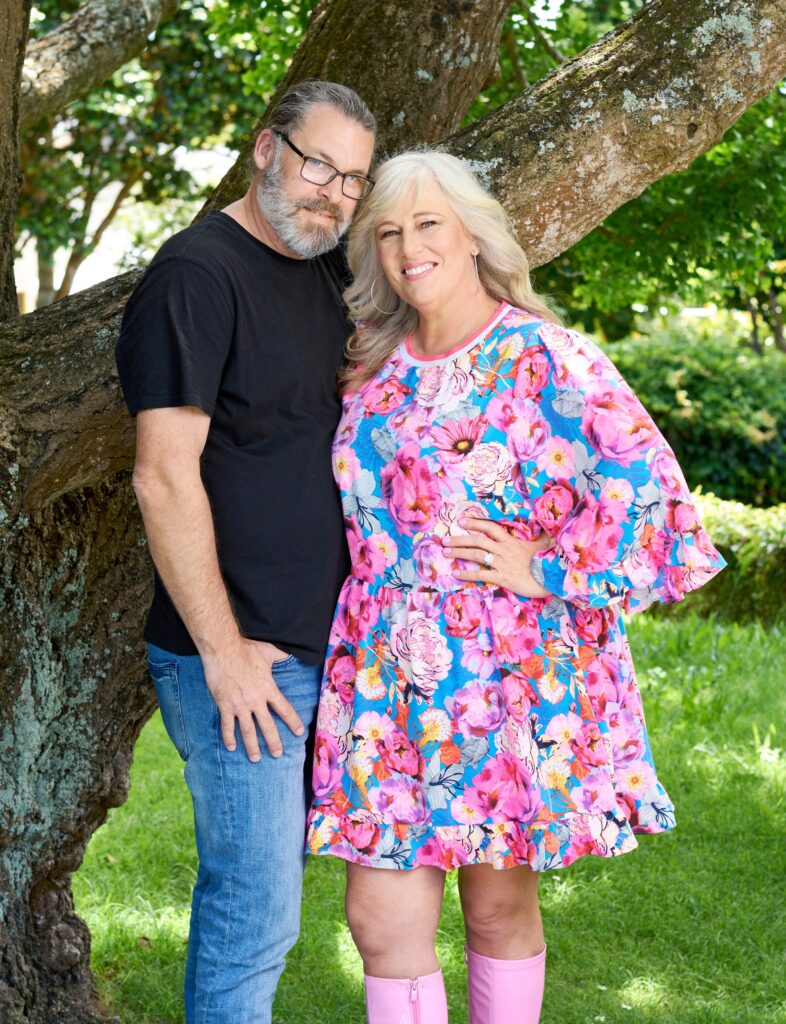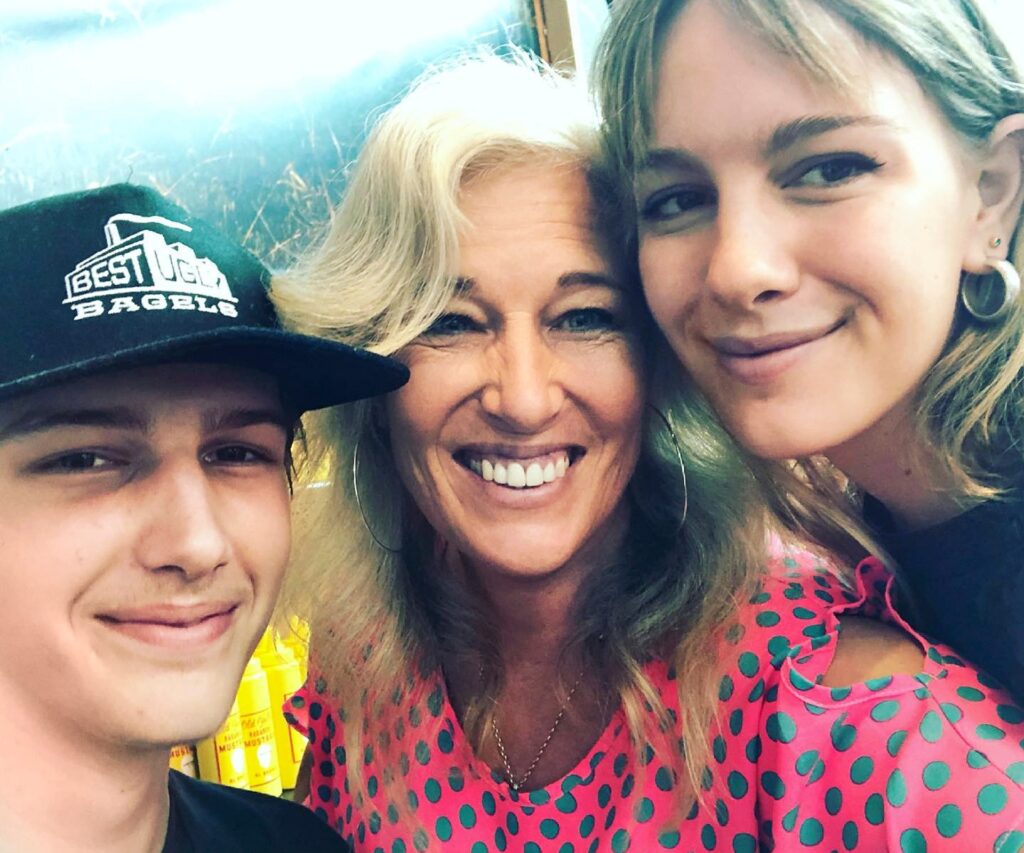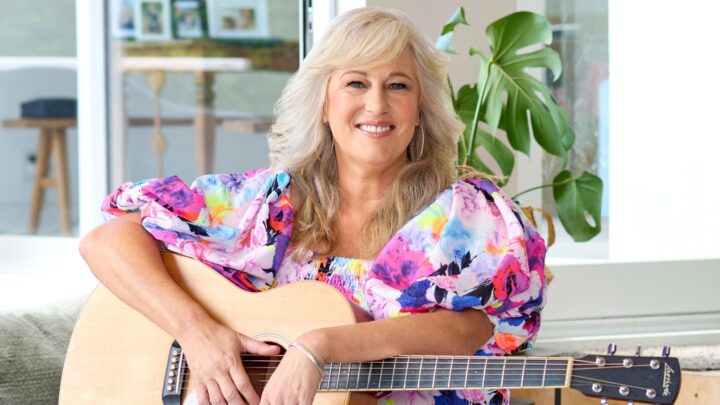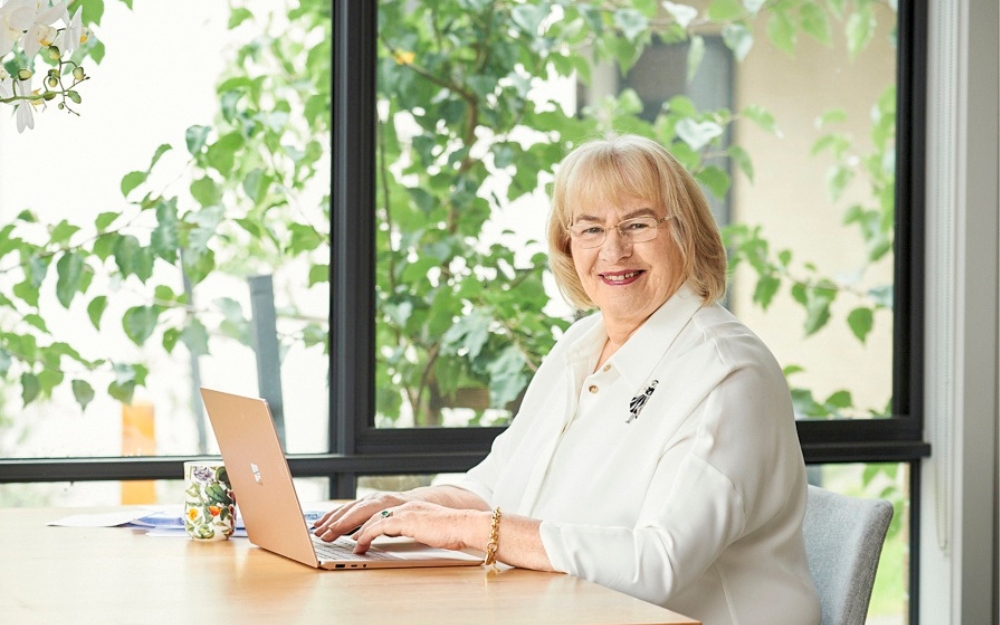Long before self-care became a popular concept in women’s lives, speaker and singer-songwriter Julia Grace had implemented a thing she liked to call “Sloth Day Monday”.
It involved wearing trackpants, no make-up and taking her preschooler over to her sister Brenda’s house. They had one goal that day − to get their kids down for a nap at 1pm so the two of them could watch Dr Phil on television.
“We were mums of toddlers, worked part-time and had other commitments in the weekends, so we would get to Monday and tell everyone, ‘Don’t bother calling me today.’
“That was what we implemented as self-care,” recalls the 51-year-old, smiling. “We’d turn up to each other’s houses looking horrendous and really intentionally going, ‘I’m going to do nothing today.’ I was with my whānau − it was a beautiful time to just chill out, eat lollies and rest my body.
“Back then, giving yourself permission to rest was a little bit frowned upon. One friend even commented that a ‘Sloth Day is nothing to be proud of’. But now, we’re looking at the next generation being told rest is mandatory.”
Julia is sharing this example as she chats to the Weekly about her book Be Kind to Your Mind, which candidly speaks of her own personal journey with clinical depression and anxiety, yet doesn’t hold back on honesty and humour.

It was at age 40, after her husband of 17 years walked away, that the successful solo artist believed time would be a great healer when it came to her heartache. Instead, waist-deep in feelings of loss, it marked the start of several triggers for Julia’s first bout of depression.
It took some “wobbly patches” before she was correctly diagnosed and could really deal with her mental health.
Julia also admits to having her own personal stigma towards mental health, where she had to be “cajoled” into seeing the GP.
“I remember walking in there and needing to be encouraged to say, ‘I really am not coping.’ Because I am a coper! I am notorious for bouncing back.
“Of course, as I know now, ‘helping yourself’ means reaching out for other resources. I think so many women who are overwhelmed and struggling are socialised to go, ‘I’m fine’ and minimise it.”

As depression became front and centre for Julia − who now works as a professional keynote speaker − she began to talk more about it on stage and looked at researching the neuroscience behind depression, beyond just personal experience.
“I started upskilling myself in the area of mental health and building on my health education background,” explains Julia. “I found it helpful to write down my experiences of, ‘How did I get here?'”
Today, Julia is now happily remarried to her “biggest supporter” Mykle, 52, and describes her mental health journey as ‘ongoing’.
“I’m always reminding audiences that this is not ‘one and done’.
“I still have days where I wake up and have to get all my ‘mental health tools’ out of the toolbox. That’s absolutely okay and I’m not embarrassed to say that. The tools that I use are the tools that I teach.”
These include her famous “F words” – fitness, family, falling asleep, ‘fankfulness’, pharmaceuticals, faith, food, ‘ferapy’, forward focus, fun and (her favourite) faffing around.
She’s unashamedly evangelical about the joy of boredom and how important it is to our brains.
“The science behind ‘faffing around’ is that when we allow the brain to rest, it goes into like a ‘screensaver’ mode,” explains Julia. “And during that mode, the brain has a chance to defrag and put all of the filing back into the cabinet. As it goes through that process, it helps us to do our creative problem-solving.”

She believes one of the biggest challenges women have is learning to not use our phones as our round-the-clock office, “like at the doctor’s waiting room, where I used to just sit and people-watch or read a magazine, I found myself replying to emails”.
So the answer, believes Julia, is to intentionally carve out time for no screens and just faff for an hour. After all, it’s how she got her book written.
The mother of two – daughter Bella, 24, and son Jesse, 20 – is also quick to point out that yes, while she is “super-girly” (check out her pink patent knee-high boots!), her book is definitely one for the guys too, with plenty of practical tips.
“We have insurance for the house, car and even the cat, but often men and women make no contingency plans for our ‘wobbly’ days,” she says. “We need to put things in place before those days happen.
“Even though I have depression, I still lead a really beautiful and productive life,” she adds. “It doesn’t discount you from who you are born to be.”



